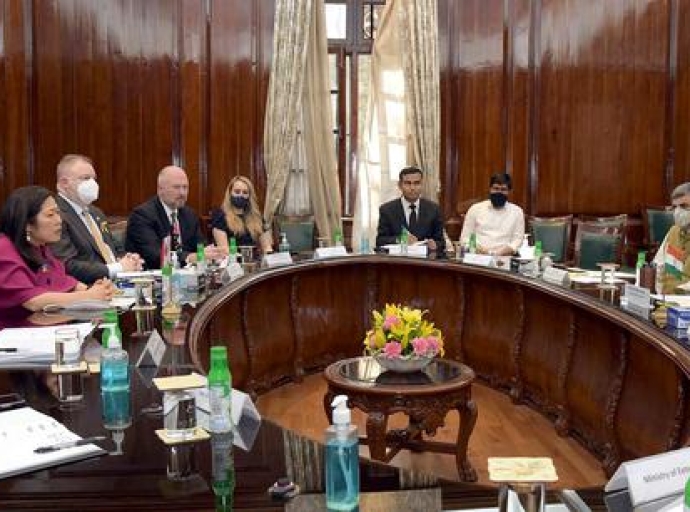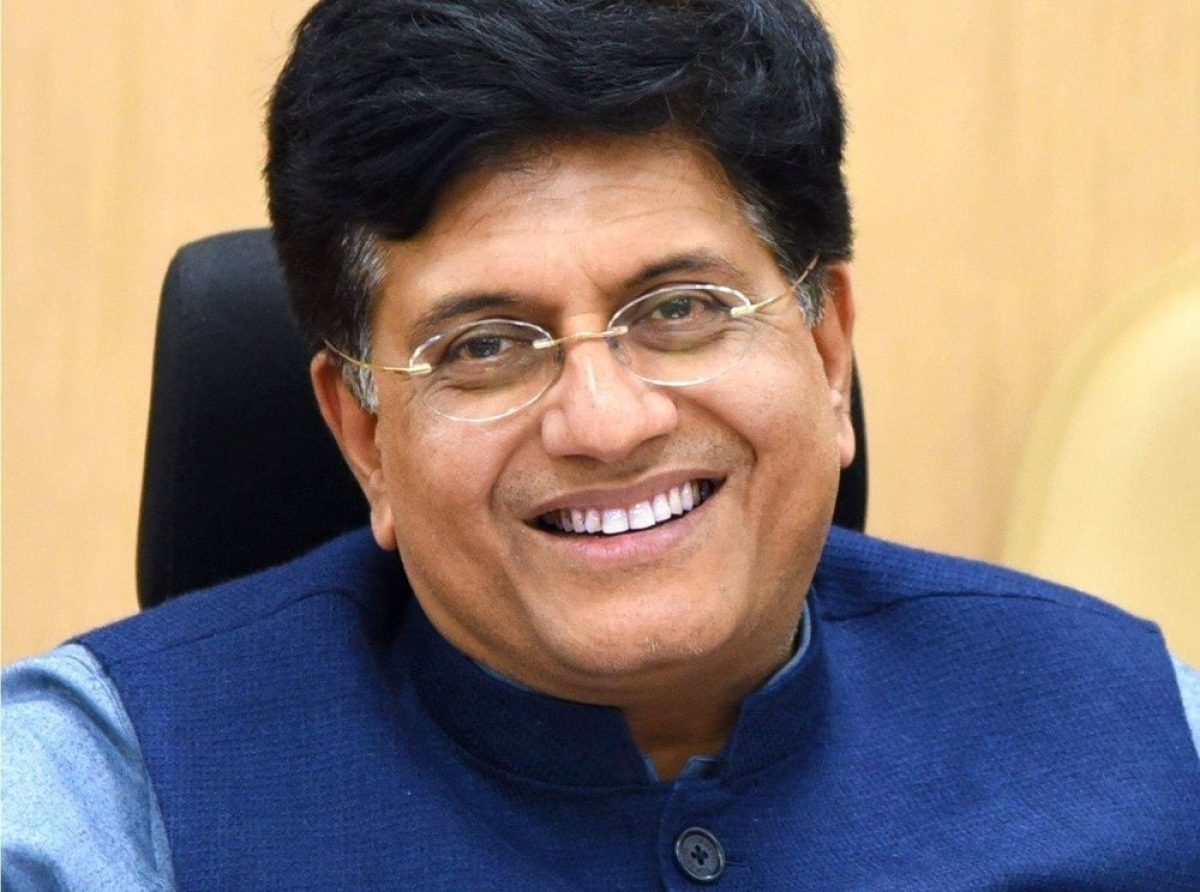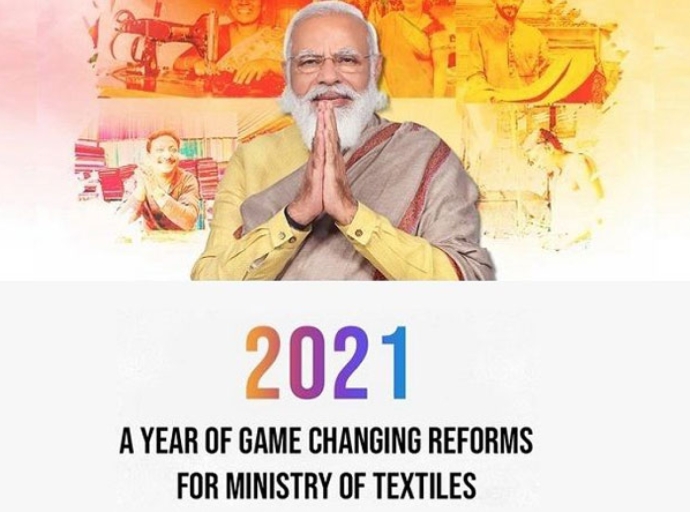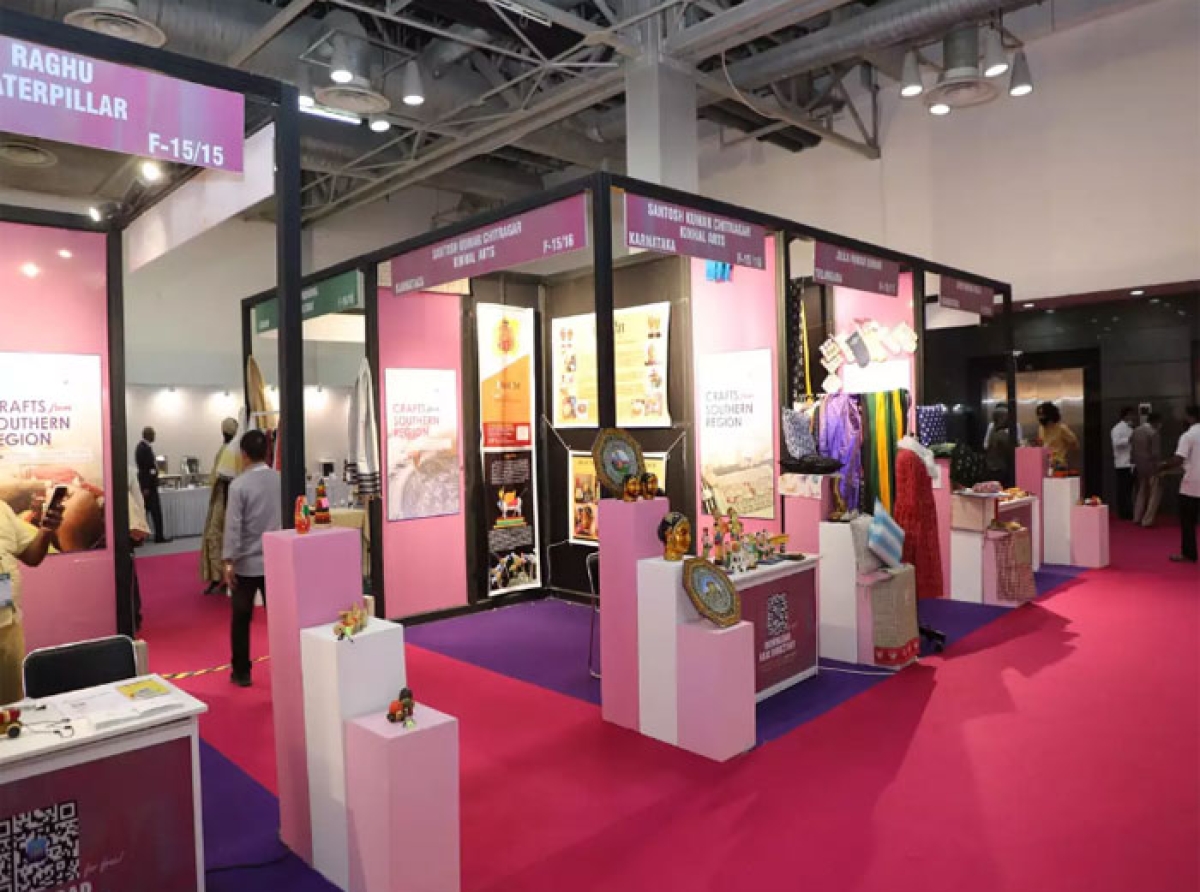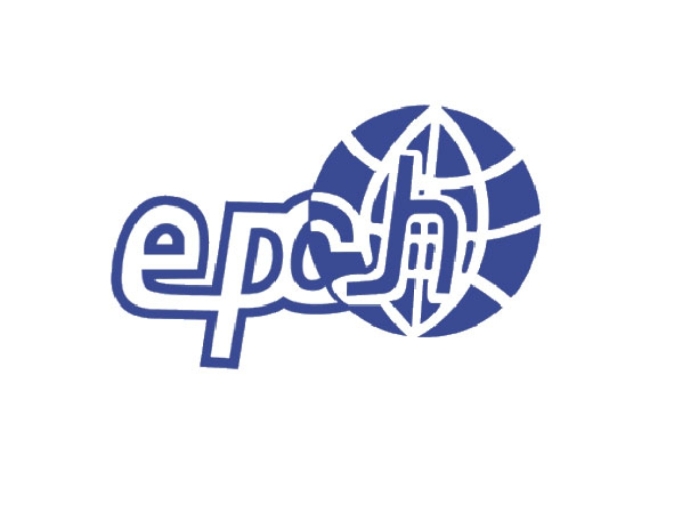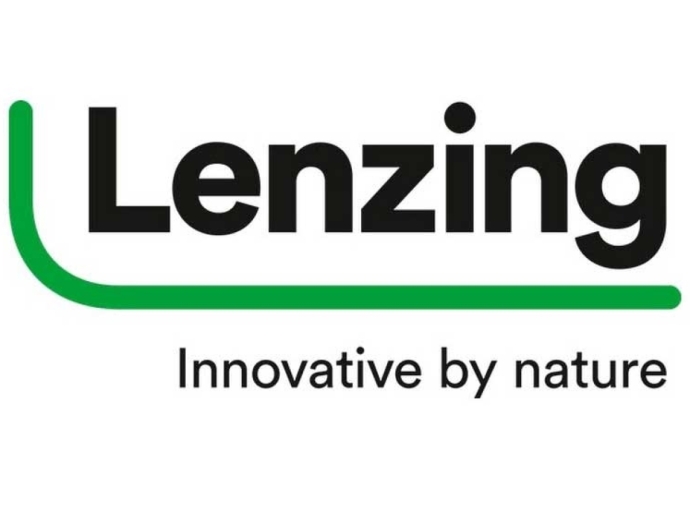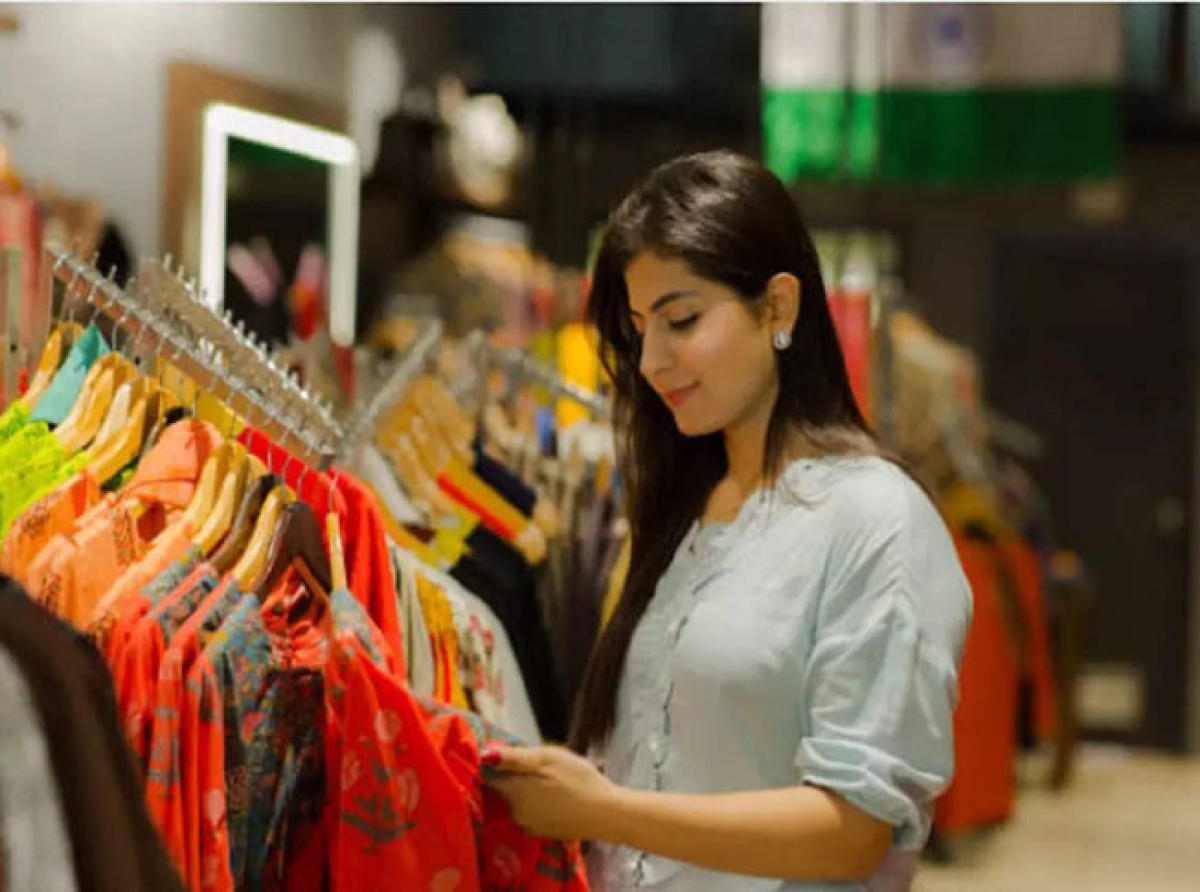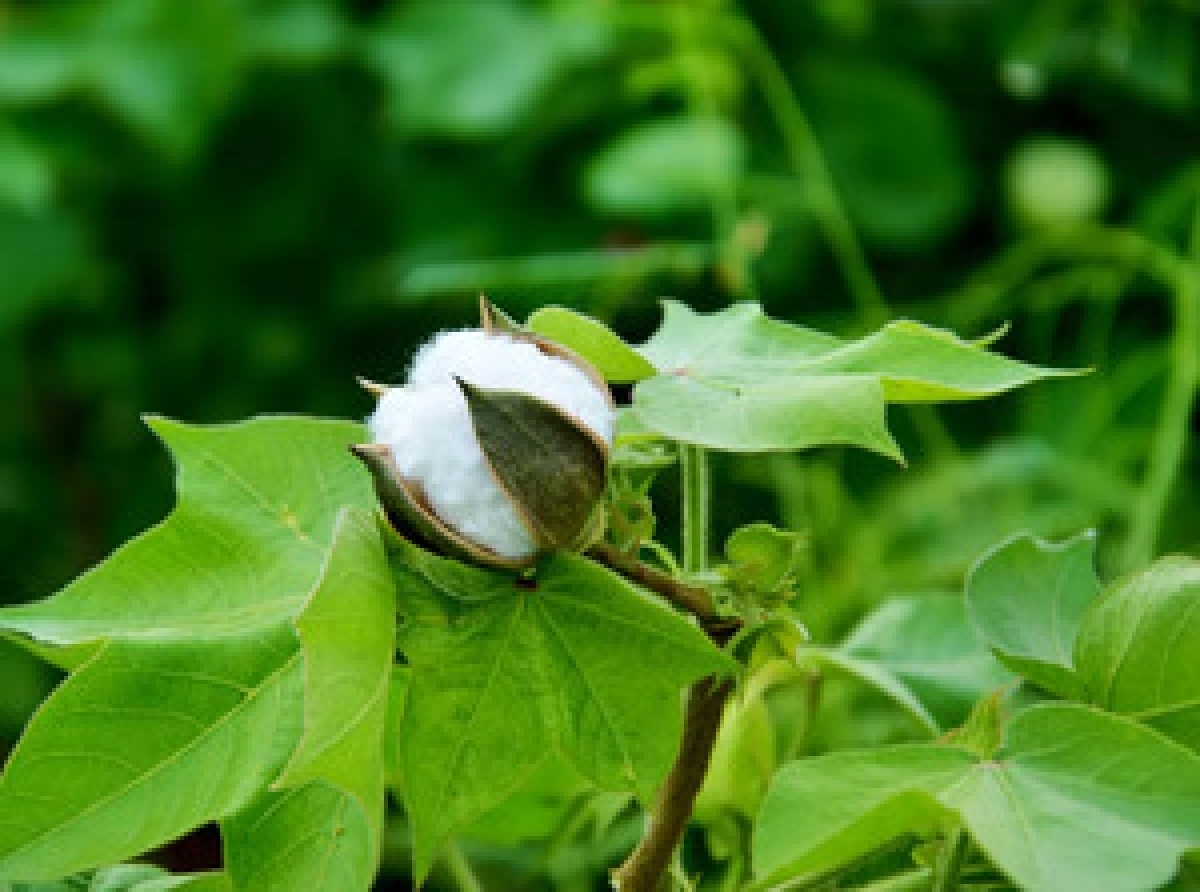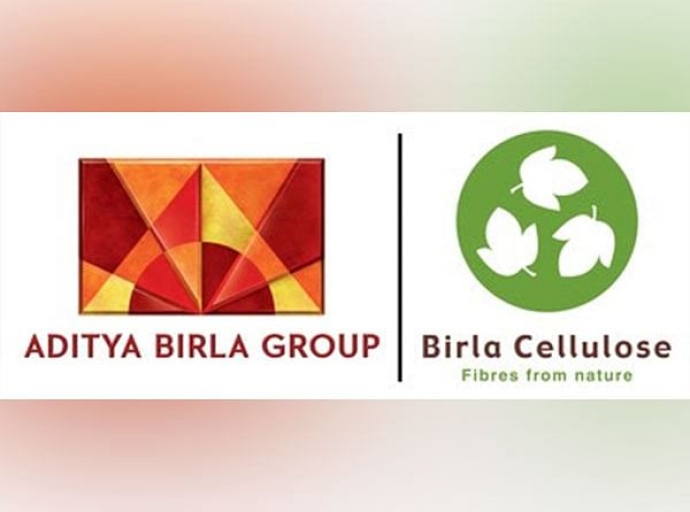25 November 2021, Mumbai:
The Association of Italian Textile Machinery Manufacturers (ACIMIT) and the Italian Trade Agency are organizing an Italian Pavilion at the forthcoming Techtextil North America, which will be held in Atlanta from May 17 to 19, 2022. (USA).
During the three-day technology showcase, 17 Italian machinery manufacturers will display machines for technical textiles and their unique solutions, according to ACIMIT.
Among the 17 Italian exhibitors are 4M Plants, Arioli, Computer House, Fadis, Flainox, Guarneri Technology, IMA Spa, Kairos Engineering, MCS Group, Ramina, Siltex, Stalam, Testa, and Willy.
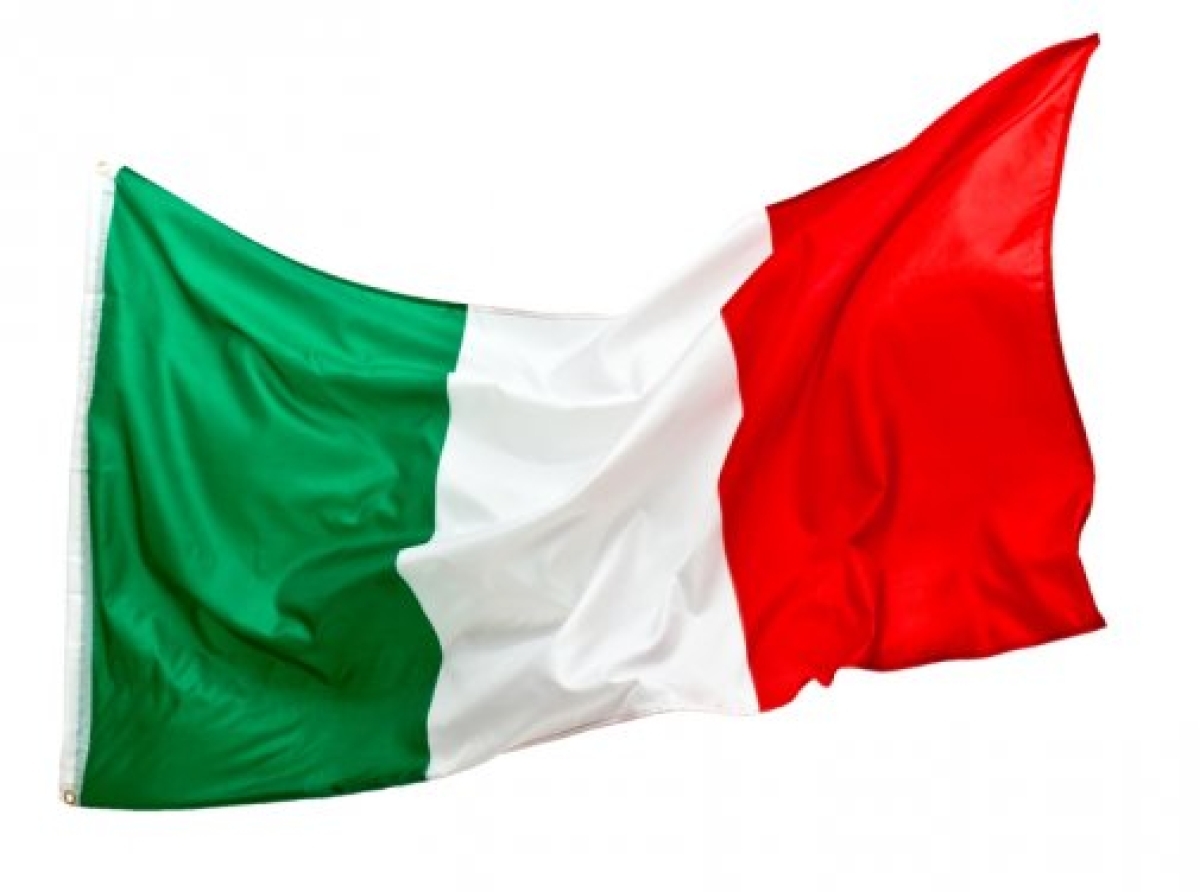
ALSO READ ITALIAN TEXTILE MACHINERY: ORDERS GROW AGAIN IN 2021 FOURTH QUARTER
It's worth noting that the textile sector in the United States generated sales of more than US $ 64 billion in 2020, employing around 300,000 people and operating 15,000 businesses.
ACIMIT's member firms are hoping to capitalize on the strengths of these US enterprises, which specialize in cotton, man-made fibers, and a wide range of yarns and textiles for fashion and industrial applications.
RELATED NEWS ITMF-- 12th Corona-Survey
After China and Turkey, the United States is the third largest market for Italian textile machinery exports. The value of Italian exports to the US market during the January-September 2021 period was € 93 million, up 74% over the same period the previous year.
Join our community on Linkedin
CREDITS:Textile World & Apparel Resources.





_thumbnail.jpg)
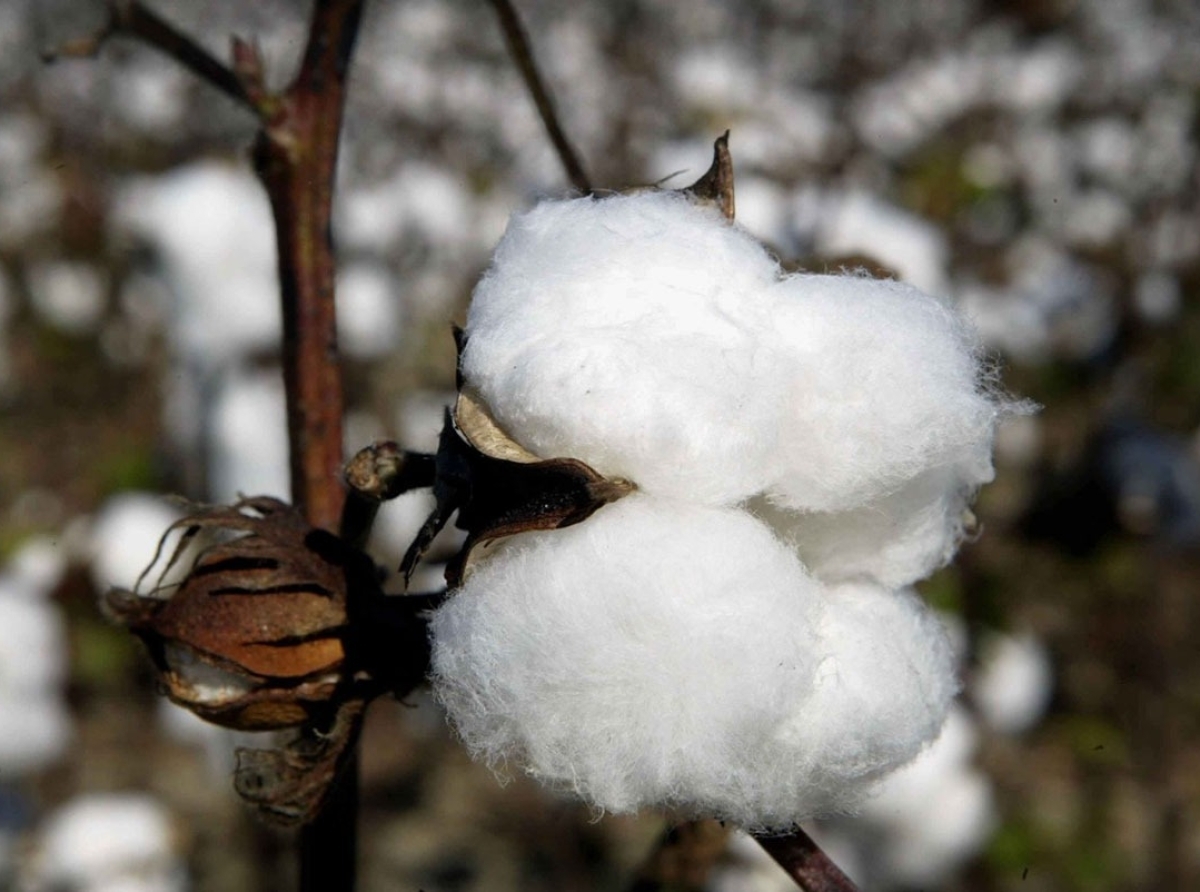
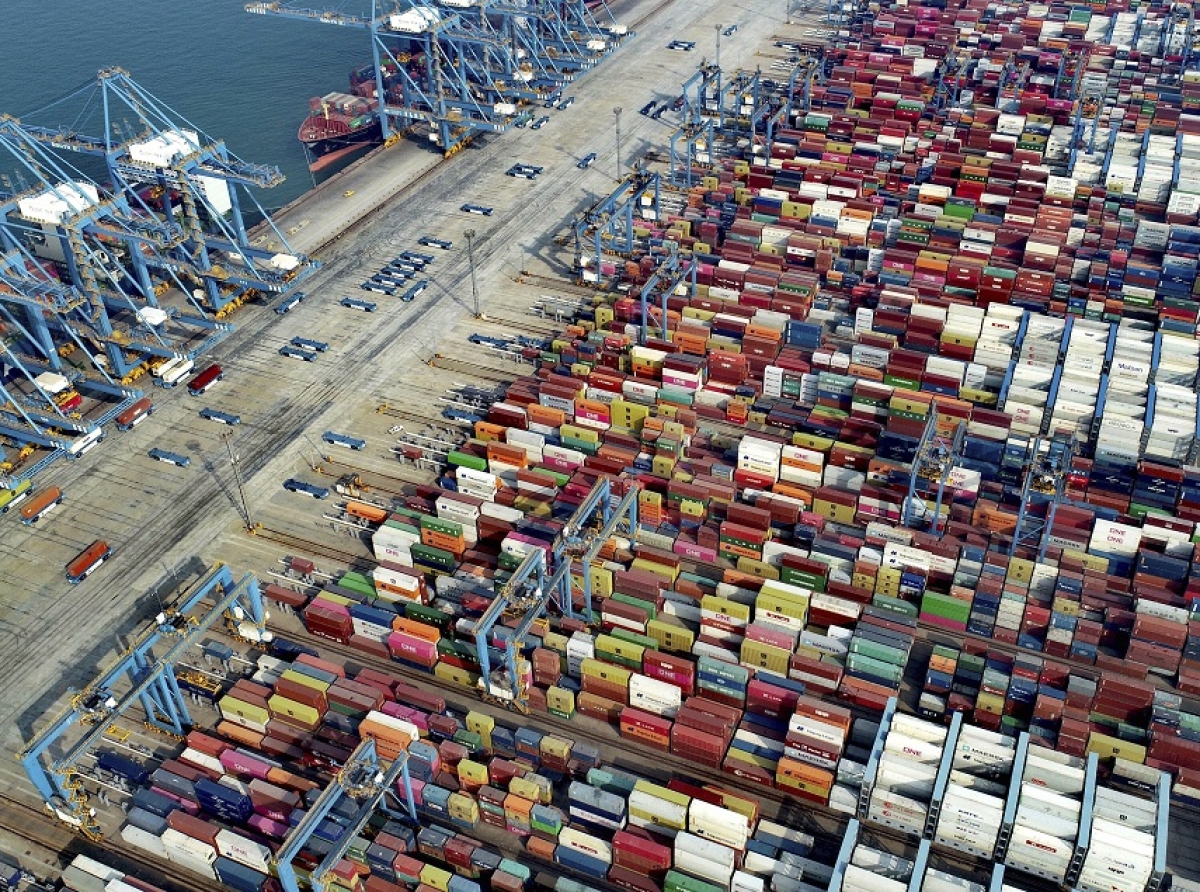
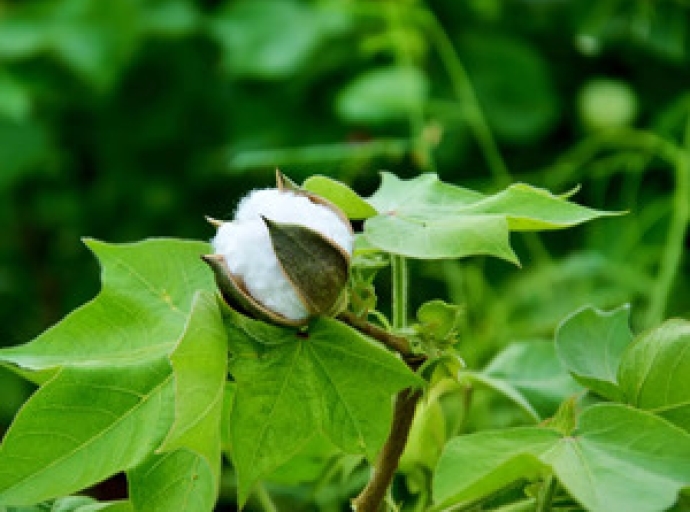
1_large.jpeg)
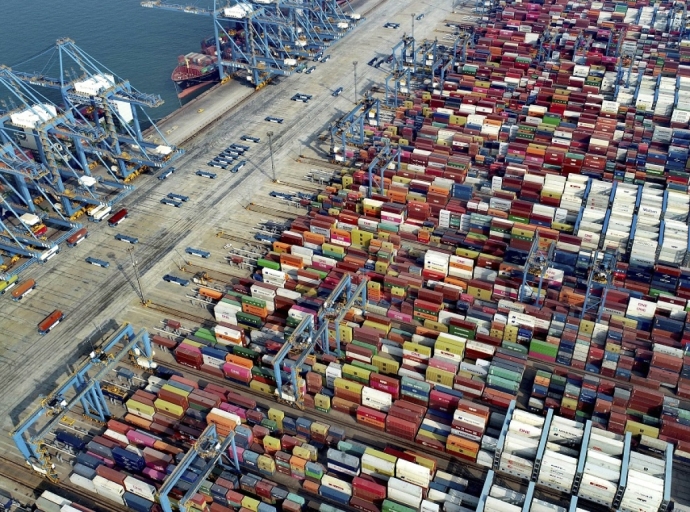
_large.jpeg)

_large.jpeg)
